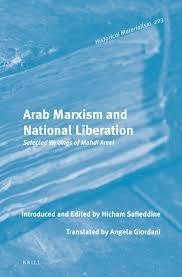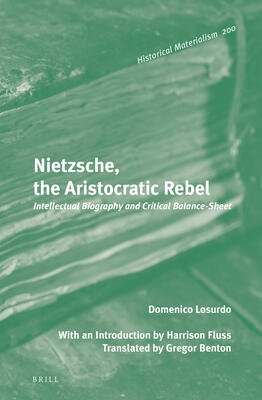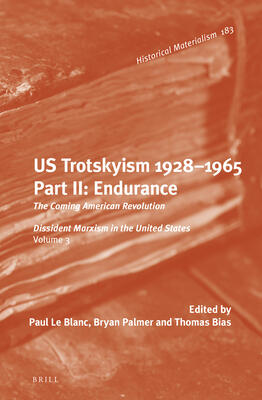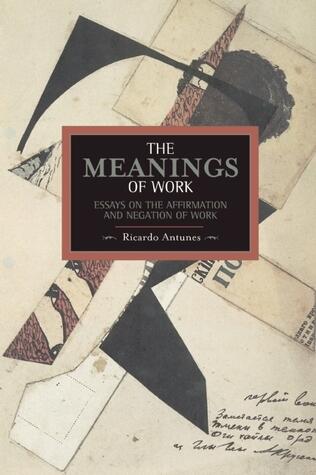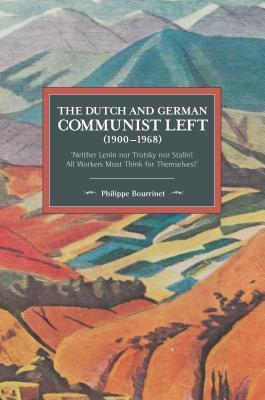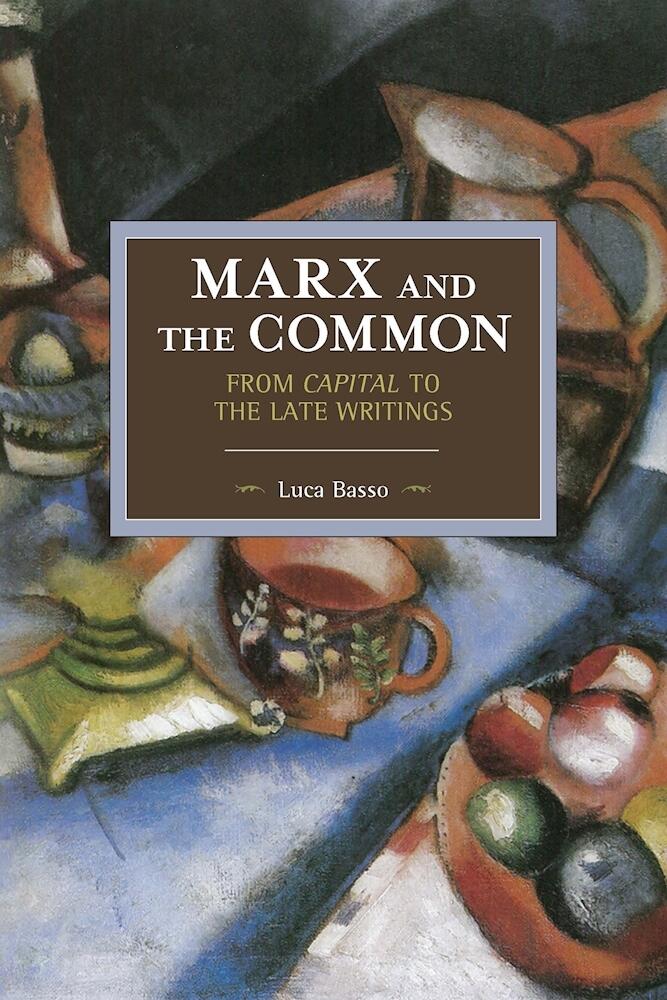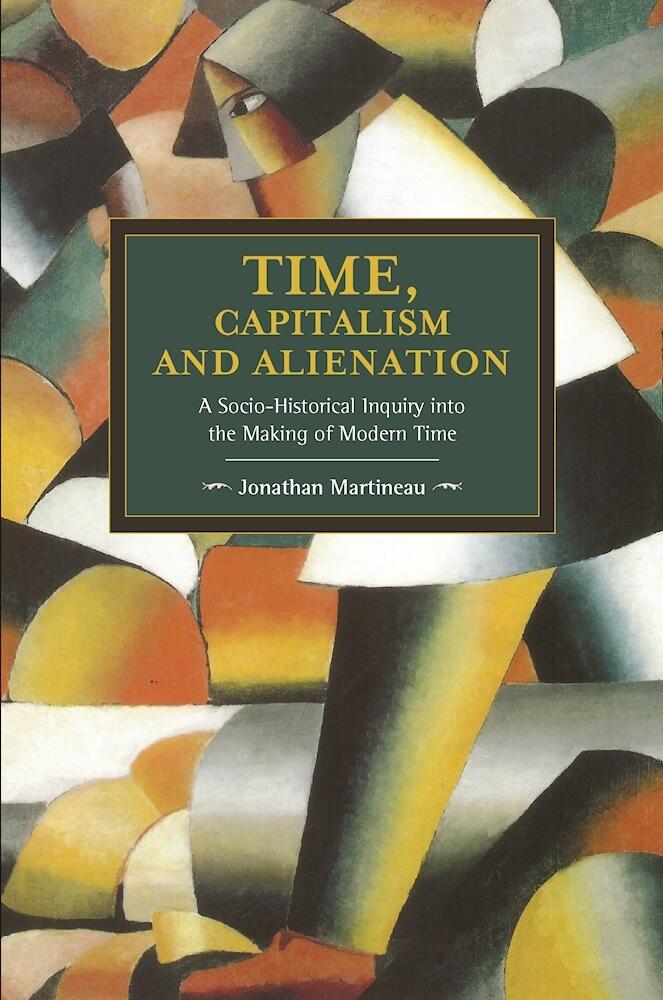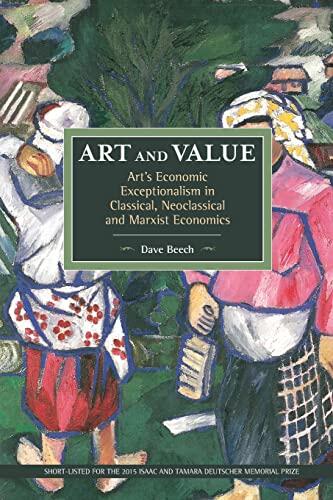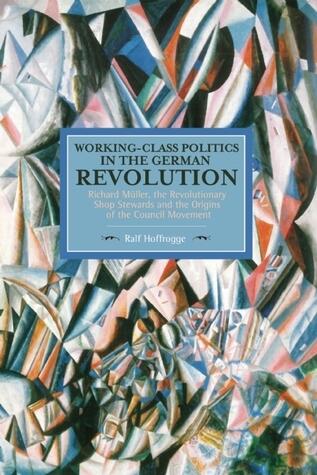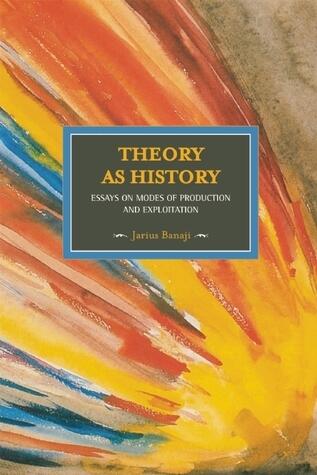
Theory As History: Essays on Modes of Production and Exploitation
작성자:
Jairus Banaji
언어: 영어
형식: 페이퍼백
ISBN 10: 1608461432
ISBN 13: 9781608461431
출판 날짜:
December 6th, 2011
출판사: Haymarket Books
페이지: 408
장르들: History
Jairus Banaji’s collection of essays delves into the intricate relationships between modes of production and the mechanisms of exploitation. Through a critical lens, he examines the historical evolution of various economic systems and how they intersect with social structures. Each essay offers a detailed analysis that connects Marxist theory to real-world contexts, prompting readers to reconsider established narratives about economic development and class dynamics.
Banaji’s rigorous approach to historical materialism elucidates the complexities embedded in the concept of production, highlighting its pivotal role in shaping societal hierarchies. By dissecting different stages of economic modes, the essays reveal how exploitation manifests uniquely across cultures and epochs. He invites readers to engage with the text on a deeper philosophical level, challenging them to think critically about the implications of these modes on human relations.
The exploration of Marxist thought within these essays serves not only to educate but also to provoke discussion on contemporary issues of labor and capital. Banaji's insights encourage a reevaluation of how historical patterns continue to influence modern economic practices. The blend of theory and historical context allows for a rich understanding that resonates with both scholars and those interested in social justice.
Ultimately, this collection serves as an invitation to explore the enduring relevance of Marxist theory in the analysis of modern society. Banaji’s work stands as a testament to the power of historical inquiry in grasping the complexities of production and exploitation, urging a thoughtful examination of their implications for contemporary life.
Banaji’s rigorous approach to historical materialism elucidates the complexities embedded in the concept of production, highlighting its pivotal role in shaping societal hierarchies. By dissecting different stages of economic modes, the essays reveal how exploitation manifests uniquely across cultures and epochs. He invites readers to engage with the text on a deeper philosophical level, challenging them to think critically about the implications of these modes on human relations.
The exploration of Marxist thought within these essays serves not only to educate but also to provoke discussion on contemporary issues of labor and capital. Banaji's insights encourage a reevaluation of how historical patterns continue to influence modern economic practices. The blend of theory and historical context allows for a rich understanding that resonates with both scholars and those interested in social justice.
Ultimately, this collection serves as an invitation to explore the enduring relevance of Marxist theory in the analysis of modern society. Banaji’s work stands as a testament to the power of historical inquiry in grasping the complexities of production and exploitation, urging a thoughtful examination of their implications for contemporary life.

